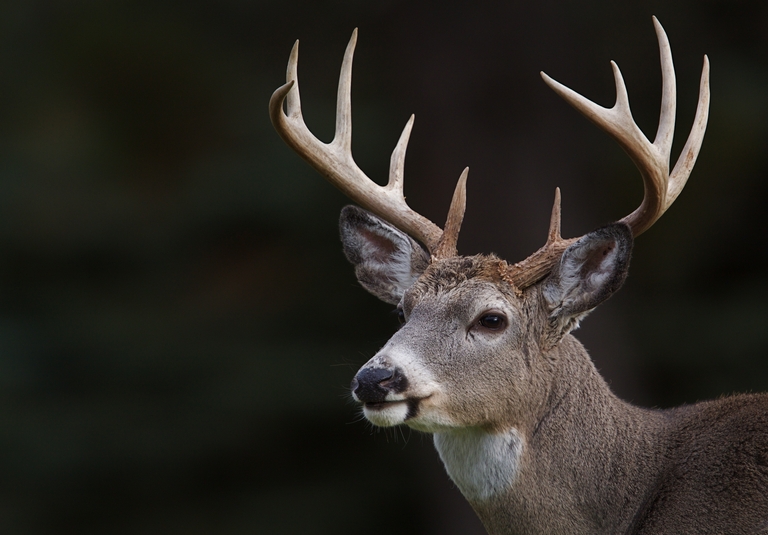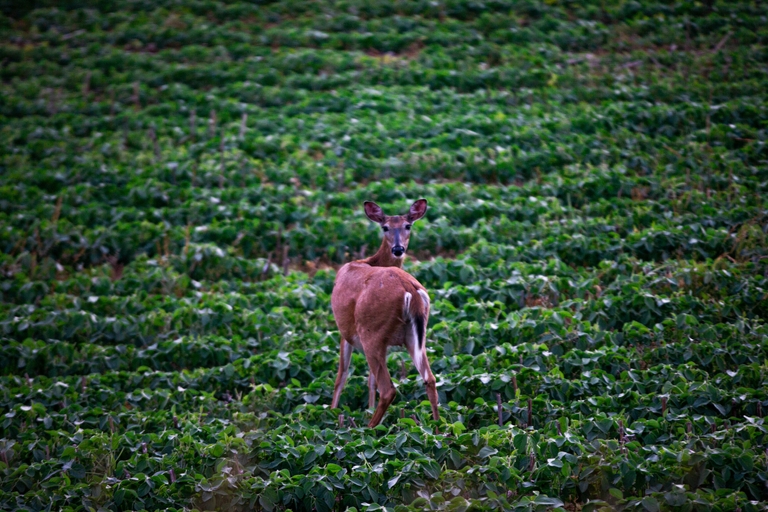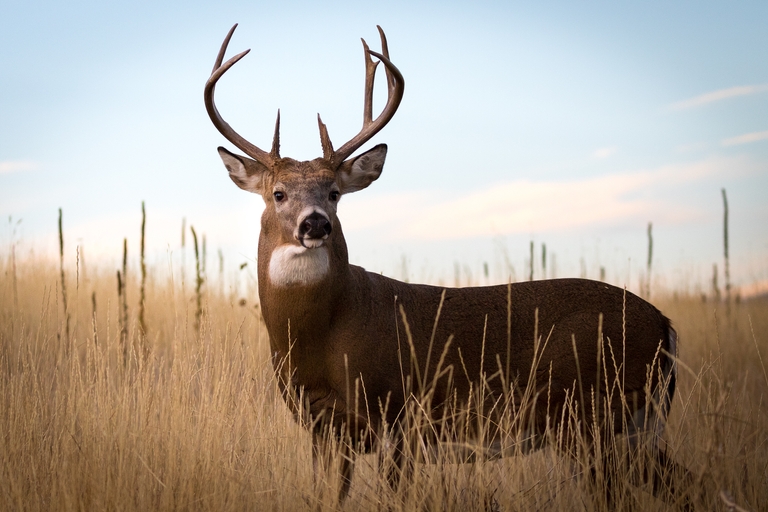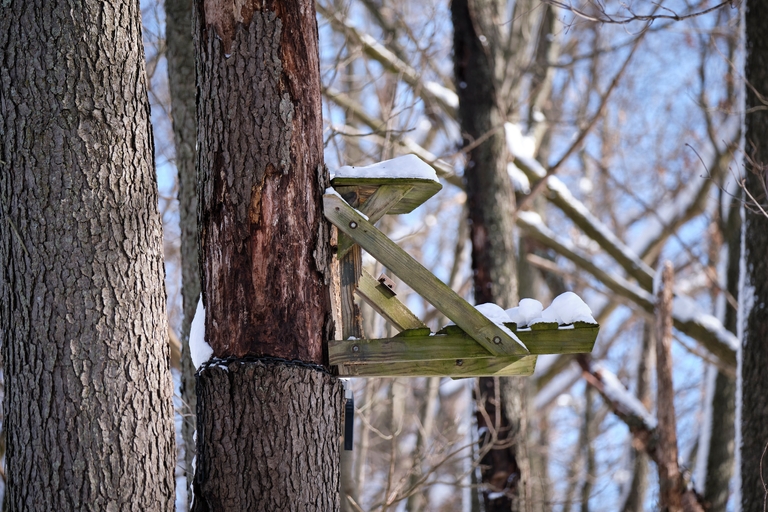How Do I Find a Place to Hunt? 4 Ways to Locate the Best Spot
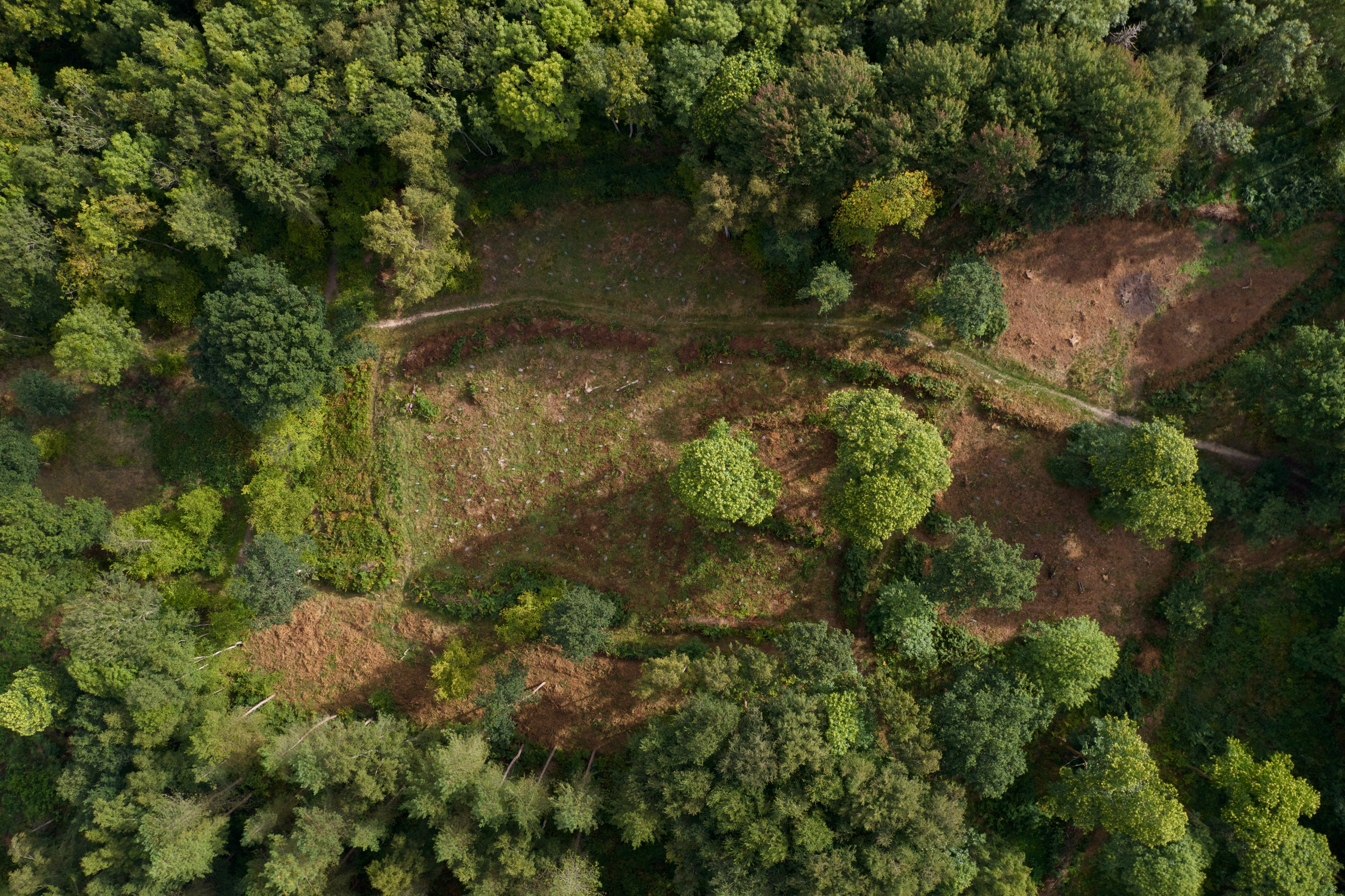
Harvesting a turkey, deer, or other wild game can only happen with a good place to hunt them. However, every season, many hunters find it challenging to find an excellent place to hunt that helps them bring home their trophy.
If you're a new hunter, you may not know where to start to test your skills and get into the sport. Or, if you're a seasoned hunter, you may be looking for new areas to hunt that challenge your skills and lead to more and different types of game.
So, how do you find a place to hunt? Good hunter safety includes researching and scouting land to prepare for a successful hunt!

4 Ways to Find Hunting Land
There are multiple ways to find hunting land. Try these four ideas and use the methods that lead you to the land that helps you harvest more wild game every season.
1. Research State Websites
First, research land through your state agency's website, looking for public lands, also known as Wildlife Management Areas (WMAs). Federal lands are also available if you buy the appropriate permit.
If you are new to hunting or the area, you can also try hunting with a guide who will do the research for you and lead you through the land during the hunt. Use sites like Where to Hunt through Let's Go Hunting or Find A Hunt to find trustworthy and reliable guides who can guide your hunt.
2. Purchase a Hunting Lease
Another increasingly common option for locating good land to hunt is to purchase a hunting lease. A hunting lease is an agreement between a private landowner and a hunter (or group of hunters) that lays down the rules and times for hunting on that land.
A lease has some advantages, in that it can limit the number of hunters on one piece of land, may result in bigger game, and may offer other perks, like semi-permanent campsites and facilities. However, leases can get expensive and hard to find, and these areas are not always well-managed.
3. Focus on Private Property
Arguably, the best-case scenario for any hunter is hunting private property.
The good old days of hunting on a handshake are gone in many states, but there's still no replacement for purchasing your own property or knowing someone who will allow you access to their land.
If you take this approach, please know that "free access" is anything but free. Be ready to offer to help manage the property with fencing, maintenance, and anything else you can do to improve its overall quality. The property owner will appreciate the gesture.
4. Use an App
To find private or public land, many hunters prefer using an app like HuntWise. E-scouting is easy with an app that shows land boundaries and provides landowner contact information (including phone numbers) for private land.
Remember: be a respectful hunter, no matter where you hunt. If using private property, let the owner know when and where you will be hunting. When on public land, watch for other hunters, don't intrude upon another's hunting spot, and leave the public property as you found it (i.e., don't litter).
Tips for Hunting Nearby Private Land
There is private land next to my house. Can I hunt there if I contact the owner?
Maybe. You will have to ask permission from the landowner.
When contacting a landowner, wear street clothes (not hunting gear), don't bring a crowd, and make contact well before hunting season. Be polite, even if permission is denied. Your courtesy may affect the outcome of future requests.
In some states, written permission may be required to document that you can be on a landowner's land and any rules that apply during your hunt. Be sure to check the regulations before you talk to a landowner.
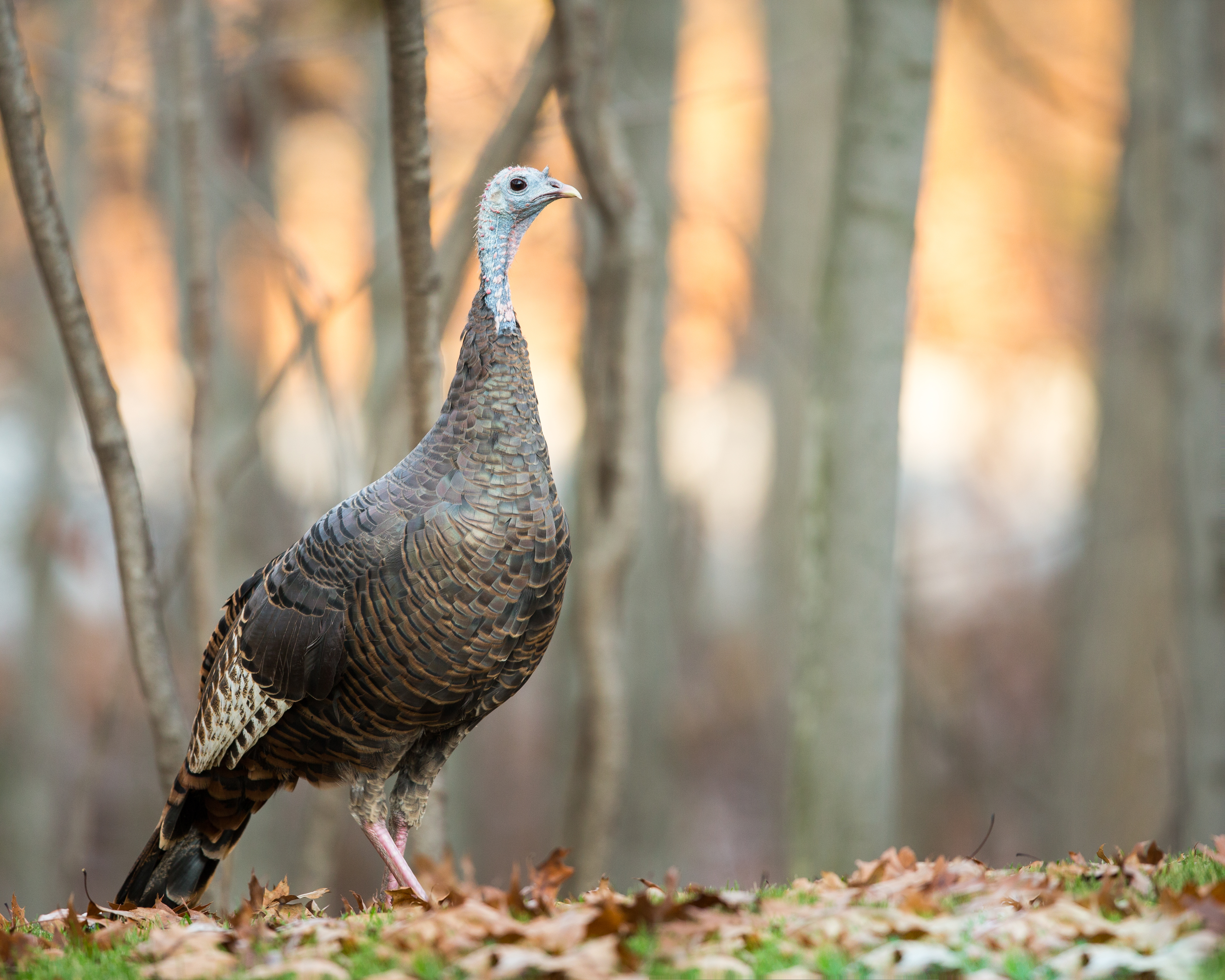
Prioritize Hunter Safety No Matter Where You Hunt
When you find land that fits what you're looking for and your planned dates to hunt, you're almost ready to head out and find your game. However, if you haven't taken a hunter safety course, you'll want to start with that to avoid an accident in the field.
With a state-approved course through Hunter-Ed, you'll learn how to be a responsible hunter by following laws and respecting landowners and other hunters. You'll also learn how to safely transport firearms onto hunting land, how to set up your safe zone of fire while hunting, and other essential hunting skills to keep yourself and your hunting partners safe!
To set yourself up for a successful hunt (and ensure you're ready for opening day), find the course for your state and start learning! Our courses are 100% online, and you can also take your exam on your mobile device or computer.
Originally published November 6, 2015. Content updated November 6, 2023.

